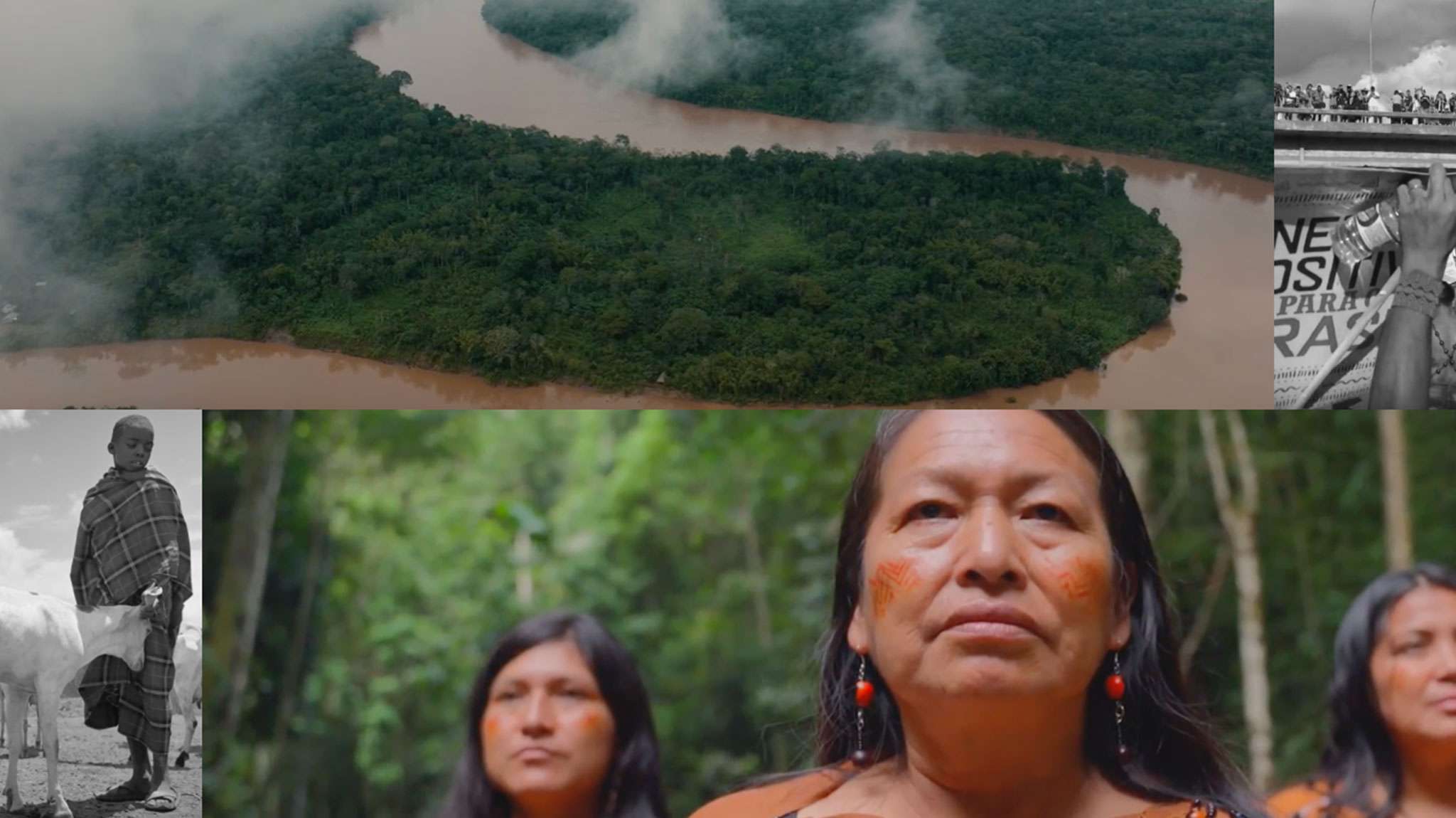Skoll Foundation/Sundance Stories of Change film Open Heart nominated for an Oscar
It’s official – the Skoll Foundation/Sundance Stories of Change short film OPEN HEART has been nominated for an Academy Award in the Best Documentary Short category.
Here’s a synopsis:
Open Heart is the story of eight Rwandan children who leave their families behind and embark on a life-or-death journey to receive high-risk open-heart surgery in Africa’s only free-of-charge, state-of-the-art cardiac hospital, the Salam Center run by Emergency, an Italian NGO. Their heart valves, damaged and weakened by rheumatic heart disease, which develops from untreated childhood strep throat, leave them lethargic and weak. Some of the children have only months to live.
During their cross-continental journey, Open Heart reveals the intertwined endeavors of Dr. Emmanuel Rusingiza, Rwanda’s lone, overworked public cardiologist, and Dr. Gino Strada, the Salam Center’s head surgeon. As one of Emergency’s founders, he must fight not just for the children’s lives but for the tenuous financial future of the hospital.
While heart disease is often associated with the excesses of Western nations, severe cardiac diseases requiring surgery are extremely prevalent in resource-poor Sub-Saharan Africa.
Because medical treatment is often unavailable, minor maladies like strep throat are often left untreated, and lead to a host of complications, including rheumatic fever, which – especially in young children and teenagers – can permanently damage the heart valves. Children with the weakened valves show symptoms of fatigue, fever, bloody coughing and trouble sleeping. They quickly become weaker as their valve tissue deteriorates, and open-heart surgery – while invasive, dangerous, and prohibitively expensive – quickly becomes the only option to repair or replace the damaged valves and save the children’s lives.
There are an estimated 18 million people afflicted with rheumatic heart disease and in need of urgent surgery, almost two thirds of them children, and the disease kills 300,000 people per year. Despite those facts, the Salam Center remains the only facility in Africa capable of such high-standard cardiac surgery, free of charge.
At once a marvel of modern medical engineering and the triumph of an idea, Salam is key in Emergency’s plan to treat and reduce heart diseases in an area three times the size of Europe and home to 300 million people. Building a world-class, technologically advanced cardiac diagnostics and surgery facility in the middle of a desert in Northern Sudan is an impressive feat on its own. Making its services free (including lifelong regimens of prescription drugs and follow-up visits) to anyone who steps through its doors is just shy of revolutionary.
The idea that “the Right to be Cured” should be accessible and free of charge to every member of the “human community,” is part of Emergency’s operating ethos. To accomplish that, the Center serves as a hub for the program for pediatrics and cardiac surgery that Emergency is implementing throughout its own medical facilities and local hospitals across Africa.



